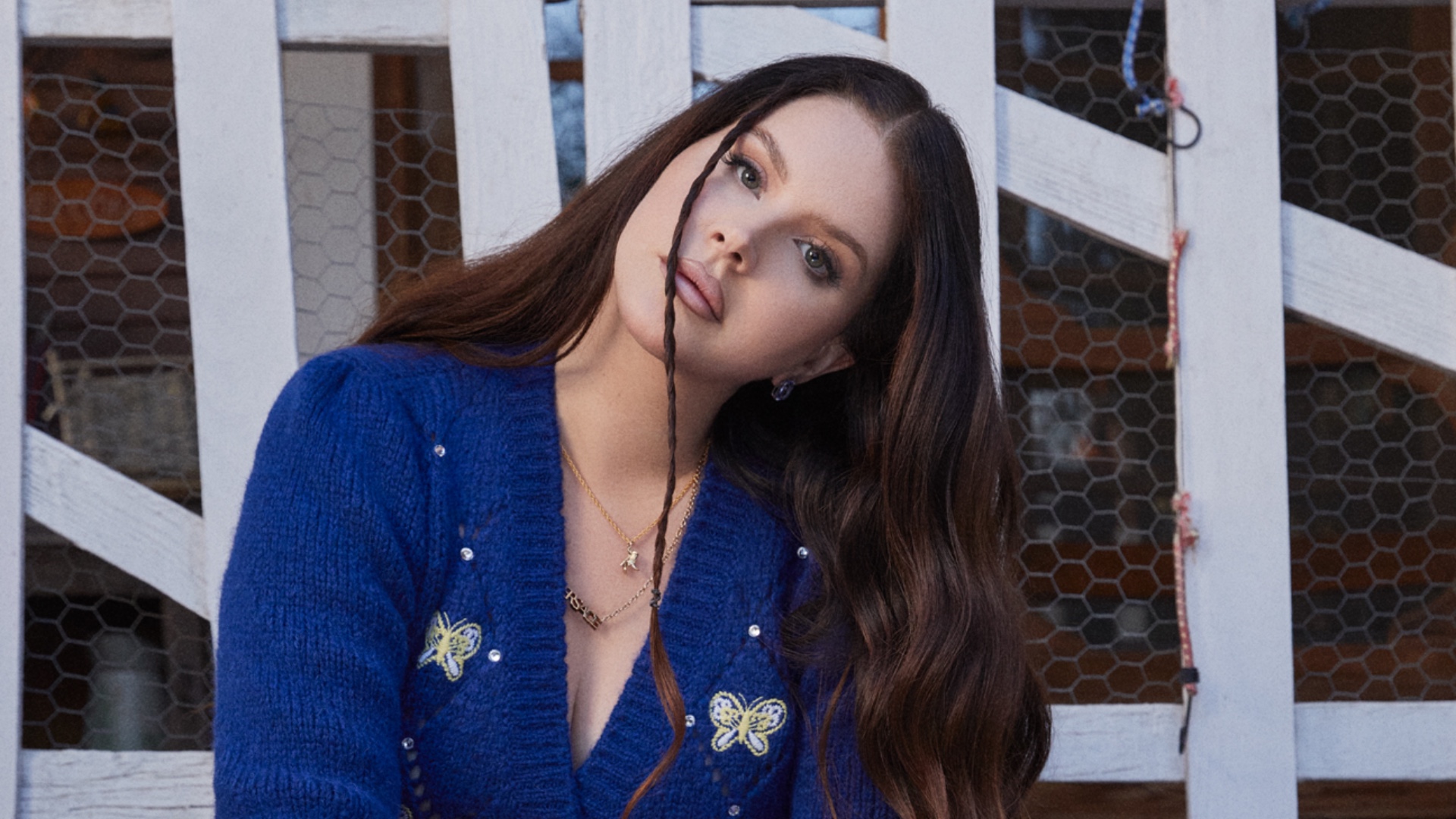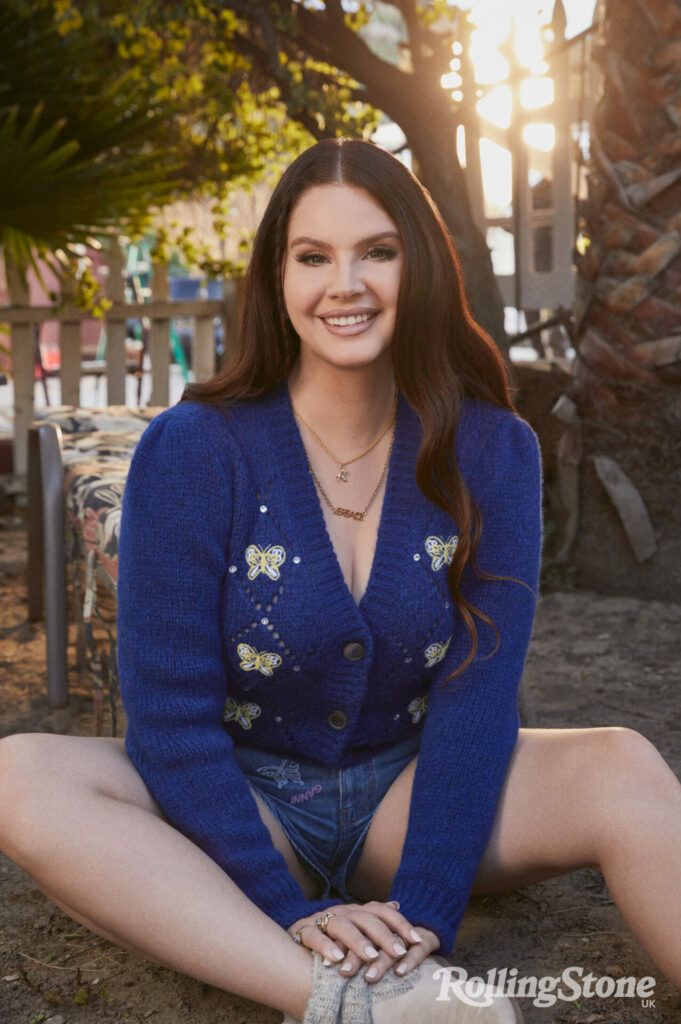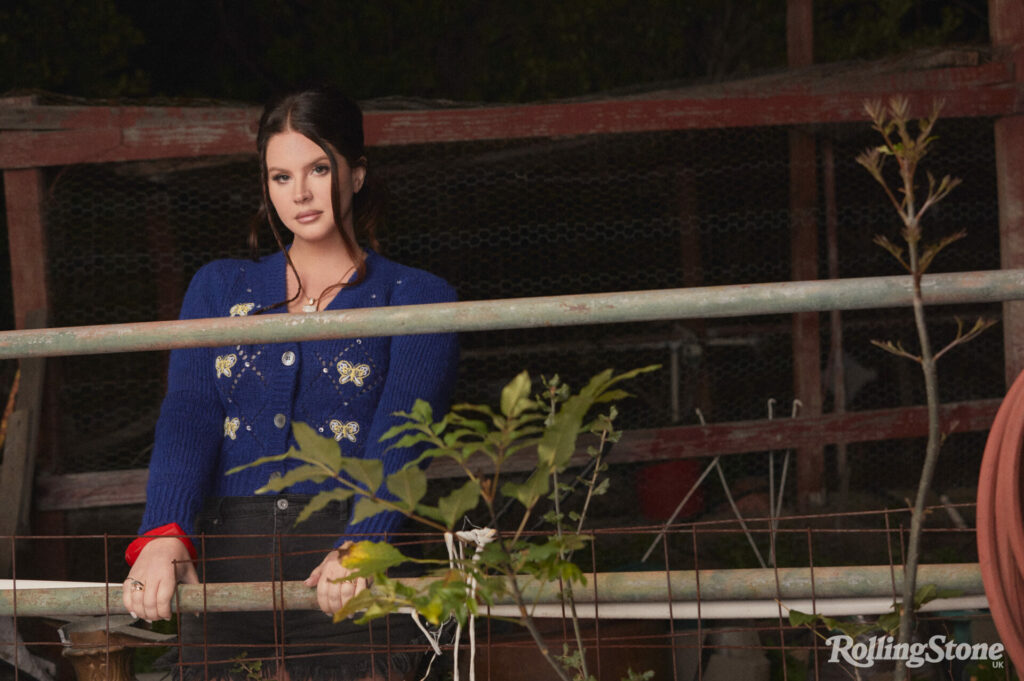‘Why Lana Del Rey is a mother figure to so many queer people’
"I’ve often considered LDR to be a drag queen of sorts," writes Attitude's Amrou Al-Kadhi in their latest column

The gays have had an enduring love affair with Lana Del Rey. It’s been 13 years of the same melancholic but somehow optimistic album in different permutations, yet Del Rey’s hold on our community has been a constant in our ever-changing world. Why is that?
I was lucky enough to watch her recent set at Glastonbury, which, as the queers especially appreciated, was cut short because Lana arrived 30 minutes late due to haircare issues. But witnessing the part of the set that wasn’t axed reminded me why she is a mother to so many of us.
“Possessing a powerful imagination is vital for surviving being queer”
Lana’s dedication to fiction undoubtedly makes her canonical in the oeuvre of women to be adopted by us queers. Consider lyrics like “We’re just beautiful people with beautiful problems.” Lana has constantly romanticised violent relationships, toxic love, and childhood loneliness. Delivering her work in a tone that’s perfectly pitched for the traumatised queer walking down the street, headphones on, while imagining that their day is a moment of cinematic grandeur.

Possessing a powerful imagination is vital for surviving being queer. Indeed, the imaginative space becomes an alternative fictional reality that feels safer than the real world. Given that reality can be so bleak for queer people — and not in a romantic, cinematic sense — sublimating bleakness into something poetic and escapist is a strategy for survival. Lana sings about parental abandonment, cruel love, abuse, and social isolation with such a sense of cinematic romance that these situations become almost desirable. If only for their sheer expressive power.
“Lana has not deviated from performing the role and sound of an old Hollywood starlet”
When she cries, her tears drip down her face in slow motion as she drives top down through the hills, creating an image of an Old Hollywood Barbie whose trauma has led to a life of poetic bliss. It is this dedication to the glamour of suffering that allows her music to be a vehicle for so many of us to deal with genuine feelings of isolation, rejection, and abuse. This romantic veneer makes it safer to access somehow.
I can only speak from experience, but a major part of how I was able to dissociate from a childhood where my queerness was flat-out violated, was through sublimating the situations I was trapped in and imagining that the difficulties were all part of some great, filmic narrative. It’s as if the pain I was experiencing was because of some grander plan of poetic justice.

“Things often feel safer in fiction”
It is, without doubt, the reason why drag is such an appealing art form for me. Its magic
is the transference of trauma into something so unadulteratedly joyous. It’s not that the trauma is erased. But the medium becomes a vehicle with which to explore these feelings in a deeply artful and transcendent way. For me, drag has always been a deeply metaphorical space borne out of literal pain. And I’ve often considered Lana Del Rey to be a drag queen of sorts. Not so much in an aesthetic sense, though she is GIVING. But in her commitment to the character she has portrayed for over a decade.
In the constantly shifting tide of tastes and sounds, Lana has not deviated from performing the role and sound of an old Hollywood starlet from an America that never existed. She has remained steadfast in her cosplaying, performing a ‘dragged-up’ version of a woman who has forever existed in fiction. This space that she creates allows so many of us to connect with the often-aching feelings conveyed by her music.
As many queers will confess, things often feel safer in fiction.
